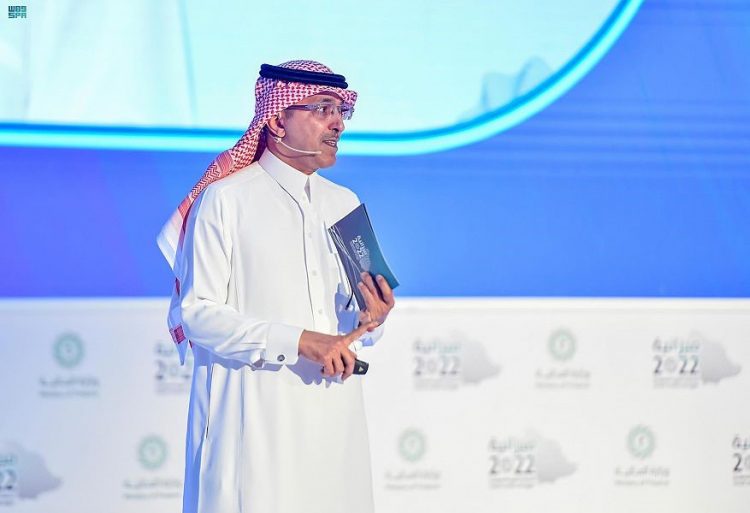Publisher: Maaal International Media Company
License: 465734
Session attended by heavy-weight including Al-Jadaan
Surplus Budget 2022 Forum Launched, in Riyadh
Sessions of the Budget 2022 Forum launched in Riyadh, with participation of various relating top officials, including the Minister of Finance Mohammed Al-Jadaan, Governor of the Public Investment Fund (PIF) Yasser Al-Rumayyan, the fund dubbed worldwide as the Saudi wealth fund, in addition to the Vice Chair of the National Development Fund Mohammed Al-Tuwaijiri.
Those notables, have taken part in the workings of the 1st session, under the motto: Financial Sustainability and Development of the National Economy.
Finance Minister Mohammad Al-Jadaan explained that the government spending process over the past 25 years has seen a great fluctuation, as spending keeps pace with oil prices.
اقرأ المزيد
Predicting that the economic trend, in general, as well as the failure of projects, resulting from fluctuations in spending, as the government, sometimes, have to take decisions as a result of the decline, in revenues.
Using budget surpluses to achieve short-term gains that are beneficial in the short term, is an option, he pointed out, however, that is not beneficial in the medium and long term.
He indicated that there has been a very significant decline, in fluctuations and government spending, during the past five years, and these fluctuations have decreased very significantly this year, by approximately 2.7% compared to 25% in previous periods.
Kingdom’s Vision 2030 announced that among its objectives are diversifying the economy, controlling public finances and providing sustainable finances capable of supporting the economy and achieving the goals of the Kingdom’s Vision 2030, he indicated.
At the beginning of the vision, he drew attention, that the budget deficit was 12.9%, and the government was able, through the Fiscal Balance Program and public budget control, to control spending, raise spending efficiency and reduce the deficit from as high as 12.9% to as low as 2.7%, or over 10 percent points.
Even when surpluses were at avail, he said, the government adhered to the previously announced spending levels, and completely separated annual revenue levels from its medium-term plans, with regard to spending, and thus the stability and sustainability of public finances and creating a good level of maturity in public finance and planning.
Al-Jadaan stated that the financial sustainability program, based on a set of financial rules that depend on changing approaches for determining spending ceilings, so that it depends on structural revenues that have a very long historical view of oil revenues.
Knowing that non-oil revenues are a percentage of the domestic product, he explained that the government benefit becomes as the same as the benefit of the private sector, with the aim of economic growth, providing more jobs, achieving additional revenues for the government, setting debt ceilings.
A ceiling on the reserve volume, and a minimum provision for reserves are sine qua non, he elaborated, so that surpluses used to enhance reserves until they reach their ceilings.









